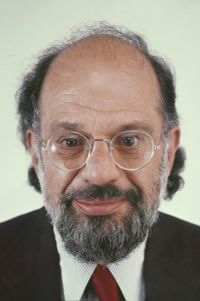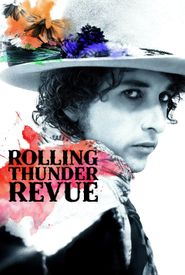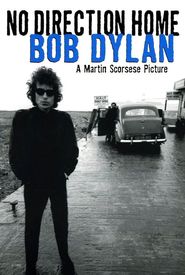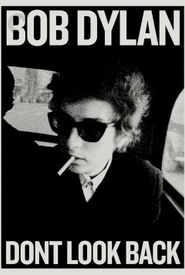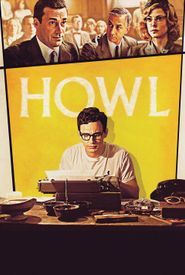Louis Ginsberg, a moderate Jewish Socialist, and his wife Naomi, a radical Communist and unapologetic nudist, were the proud parents of Irwin Allen Ginsberg, a multifaceted individual who defied categorization. As a poet, actor, and more, Ginsberg's written works include the iconic poems "Howl," "Six Gallery," and "Sunflower Sutra," among others.
Throughout his career, Ginsberg's themes were as eclectic as he was, covering topics such as drugs, the anti-Vietnam War movement, politics, the "beat generation," hippies, and Buddhism. His work was a reflection of his own tumultuous times, and he became a voice for a generation of young people seeking change and self-expression.
In 1970, Ginsberg's spiritual journey took a significant turn when he met with a Tibetan guru, ultimately accepting Trungpa Rinpoche as his personal spiritual guide. This marked the beginning of a new chapter in his life, as he went on to establish the Jack Kerouac School of Disembodied Poetics, a poetry school that aimed to foster a new generation of creative thinkers.
Despite his many accomplishments, Ginsberg remained a prolific artist, continuing to publish poems and release musical recordings throughout his life. He even ventured into the world of photography, publishing a book featuring his own photographs. Throughout his long and storied career, Ginsberg remained a true original, a master of his craft, and a beacon of creativity and inspiration for generations to come.
